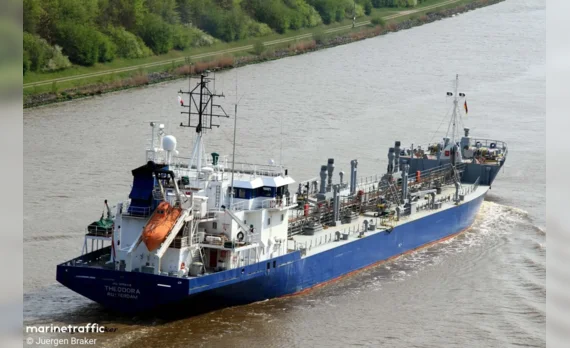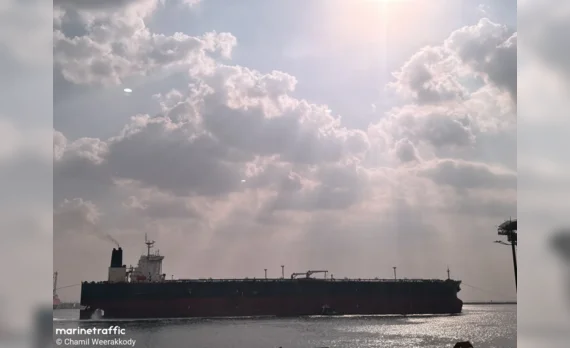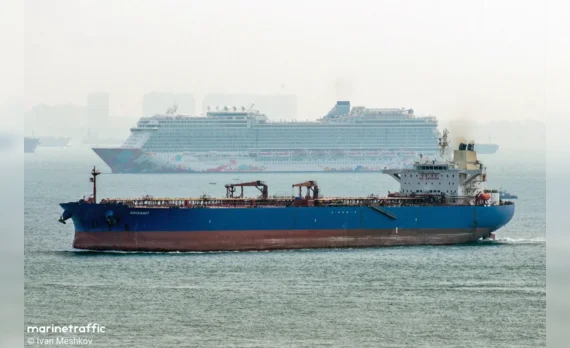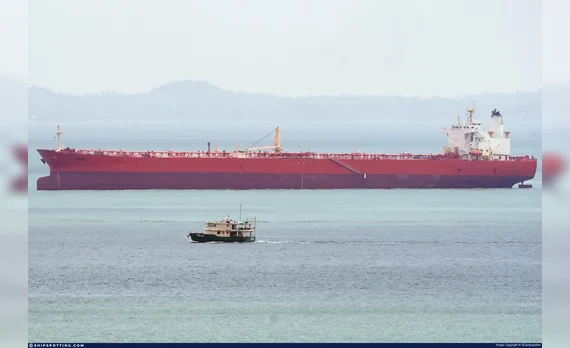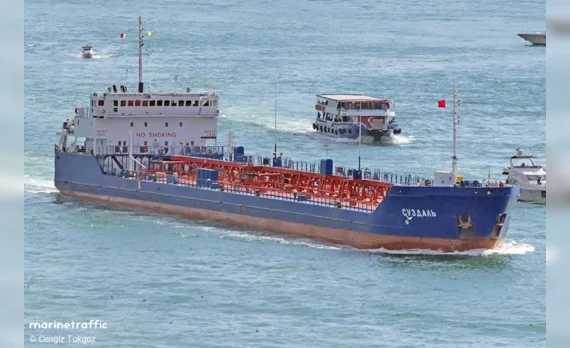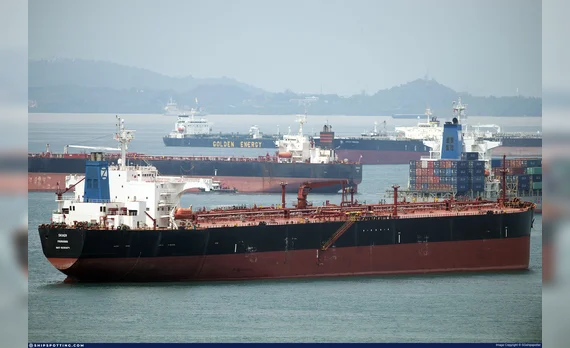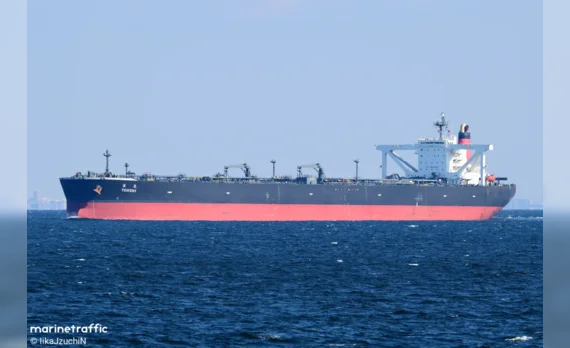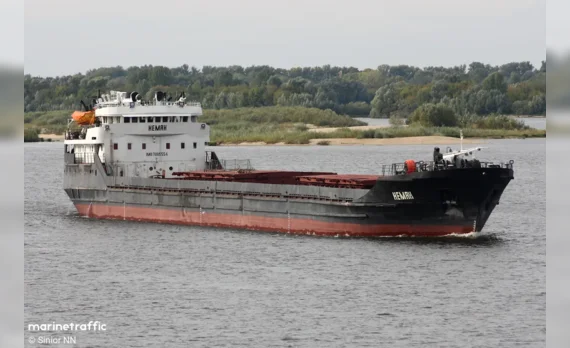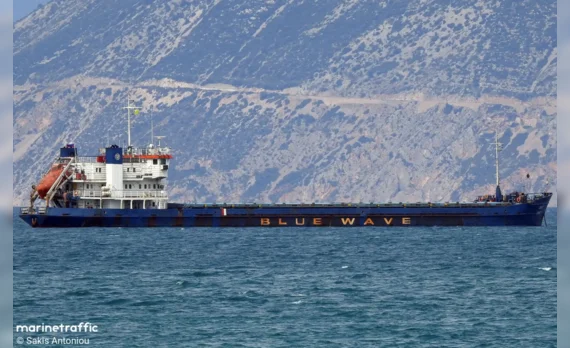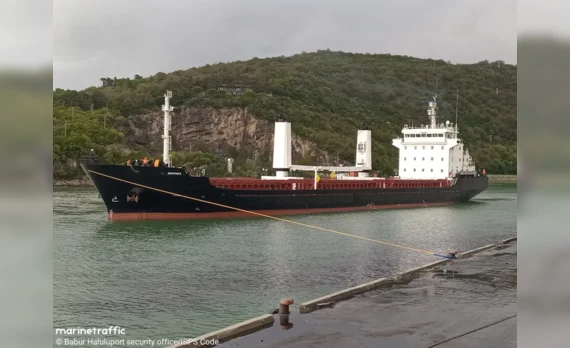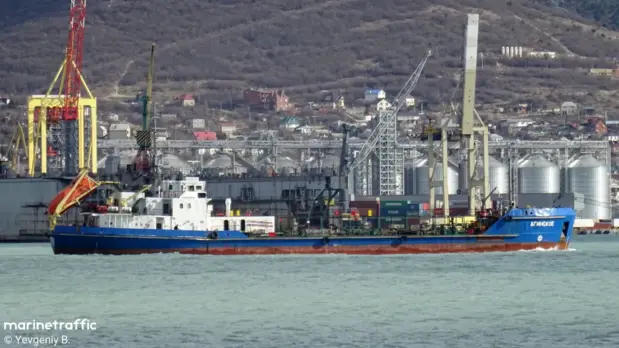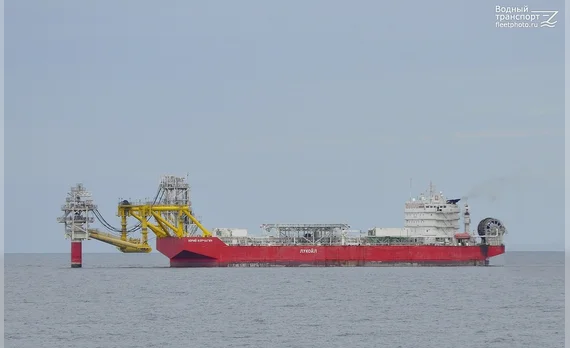Marine and Aircraft
Vessels
Airports and Ports
involved in the transportation of weapons, stolen Ukrainian products and in the circumvention of sanctions
Total number:
1067
Marine vessels
155
Captains
Updated: 18.08.2025
Maritime logistics is critically important for building up the aggressor`s military capabilities, moving troops, obtaining weapons and sanctioned goods, and trading stolen goods. Aggressors transport weapons through international straits on civilian merchant vessels. Exporting fossil fuels to circumvent sanctions is the main source of income for russia and Iran. The shadow tanker fleet and ships without ice class in the Arctic threaten an environmental disaster. Through the sale of agricultural products from the temporarily occupied Ukrainian territories, russia finances the war and maintains the loyalty of its allies, Iran and the DPRK.
Together we can stop this to restore peace and security
Actions to be taken:
- to sanction the vessels on the list below, as well as all related companies and individuals (owners, operators, managers, executives, senior crew members)
- to prohibit the entry of such vessels into ports, territorial waters, EEZs and international straits, and the sale of spare parts for them
- to require bank statements to confirm compliance with the price-cap when receiving insurance and other services
- to involve financial and specialized institutions in the gathering of evidence, to publish the results of investigations, and to apply real penalties, including significant fines
Total: 42
